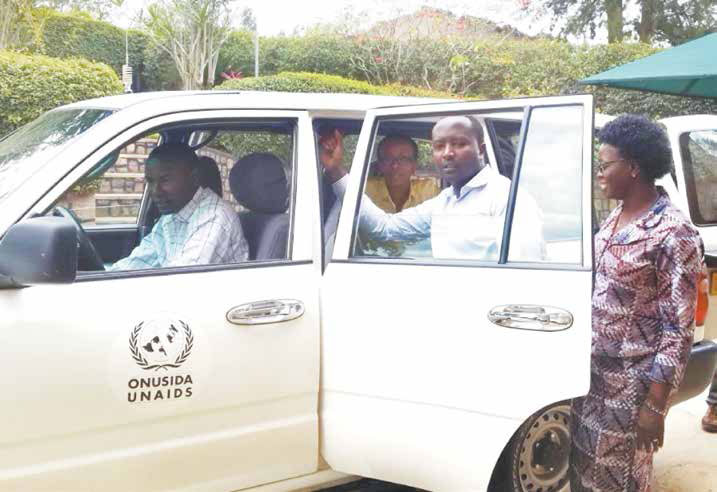In recent past, debate on sustainability and resource efficiency has been ongoing due to the significant concerns about the unintended social, environmental, and economic consequences of our consumption and production patterns of the natural resources.


"Sustainable development is the pathway to the future we want for all. It offers a framework to generate economic growth, achieve social justice, exercise environmental stewardship and strengthen governance” - United Nations Secretary General, Ban Ki Moon
Background of the greening the Blue initiative
In recent past, debate on sustainability and resource efficiency has been ongoing due to the significant concerns about the unintended social, environmental, and economic consequences of our consumption and production patterns of the natural resources.
Informed by this unprecedented trend, the United Nations Secretary General (UNSG) Ban Ki-Moon initiated the Greening the Blue (GTB) initiative in 2007 with the overall aim of moving towards a climate neutral and more sustainable UN. During the launch, the UNSG indicated that "the responsibility for the future lies in our hands. Let’s begin change at home.” How we respond to this challenge is therefore not just a question of the governments and societies but also for every member of the UN family. In 2014 during the UN Climate Summit, the UNSG again reiterated this commitment and challenged the UN to be climate neutral by 2020.
Since the launch of GTB initiative, policies and measures continue to be implemented to enhance sustainability, resource efficiency as well as reduction and offsetting of greenhouse gas emissions across the UN system operations. So far, significant achievements have been realized with respect to energy-efficiency of buildings and office equipment, increased use of renewable energy, raising staff awareness on carbon footprint reduction, and the greening of meetings.
Greening the Blue initiative in Rwanda
In its efforts to contribute towards more sustainable ways of consumption, production and lifestyles, the One UN in Rwanda launched the GTB Initiative in May 2012. Since then, GTB committees have been set up in UN agencies in Rwanda to raise awareness of the importance of sustainability and at the same time put in place systems and procedures to measure and reduce the carbon footprints.
The GTB committees, started by collecting data on their consumption patterns of electricity, fuel, water, consumables (paper, toner, etc.) and ways of transport of the One UN staff in order to estimate their carbon footprints. This was followed by development of an Annual Carbon Reduction Strategies with ambitious reduction targets and innovative measures for their respective agencies.


